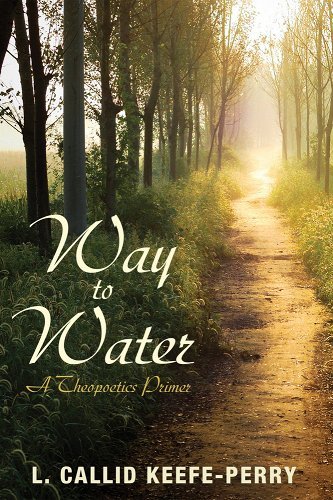Writing
I am the author of some poetry and creative non-fiction, numerous academic articles, and two academic books.
"Inside the Mirror" is where I post some of the poetry and creative non-fiction I write. Much of what is there is inspired by the work of Rubem Alves and the Brazilian literary form of the crônica, or chronicle. There are also archives of some of the poetry and spoken words I’ve written and performed. I’m a nerd and I make my living as an academic, so you’ll catch flavors of that to be sure, but if you’re looking for my strictly “academic work” in the sense that phrase is usually used, that’s probably not the place to start. It will, though, get you a better sense of the parts of me that are not just minister, professor, and researcher.
Many of my articles, conference talks, and publicly available papers can be found on Academia.edu. If (a) there’s something you’re looking for that isn’t there and (b) you’re not an academic with library access to things, drop me a line and I’ll see about getting you what you’re hunting for. I can either update it or try to send you something directly.
Sense of the Possible is for those interested in learning about the intersection of Christian theology and imagination. Written from the assumption that imagination is deeply connected to the Christian work for liberation and human flourishing, this book is an energizing introduction to the ways in which theologians have thought about the powerful human capacity to envision a future that has not yet come. Containing perspectives from scripture, theology, philosophy, and congregational studies, this text is an excellent way to explore how it is that imagination can be part of a faithful Christian life. Each chapter comes with recommended readings and discussion questions that can be used in churches or classrooms.
Way to Water has two primary intentions: to trace the development of the nascent field of theological inquiry known as theopoetics and to make an argument that theopoetics provides both theological and practical resources for contemporary people of faith who seek to maintain a confessional Christian life that is also intellectually critical. Beginning with the work of Stanley Hopper in the late 1960s, and addressing the early scholarship of key theopoetics authors like Rubem Alves and Amos Wilder, this text explores how theopoetics was originally developed as a response to the American death-of-God movement, and has since grown into a method for engaging in theological thought in a way that more fully honors embodiment and aesthetic dimensions of human experience. Most of the extant literature in the field is addressed to allow for a cumulative and comprehensive articulation of the nature and function of theopoetics. The text includes an exploration of how theopoetic insights might aid in the development of tangible church practices, and concludes with a series of theopoetic reflections.




